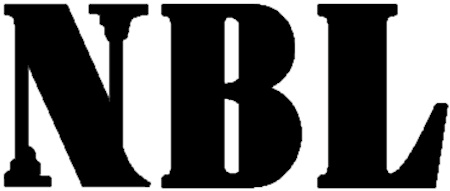
| Home |
 |
Wikipedia (NBL) |
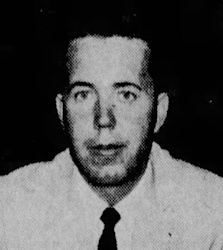 |
|
| Donald L. Berg | |
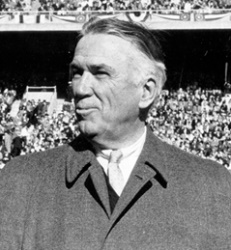 |
|
| League co-founder J. Curtis Sanford |
|
 |
1961-62 National Bowling League |
|||||||||
| xxx | xxx | xxx | xxx | xxx | xxx | |||||
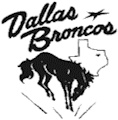 |
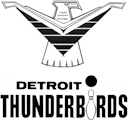 |
 |
 |
|
||||||
| Dallas Broncos | Detroit Thunderbirds | Fort Worth Panthers | Fresno Bombers | Kansas City Stars | ||||||
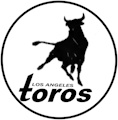 |
|
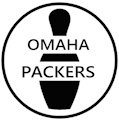 |
 |
 |
||||||
| Los Angeles Toros | New York Gladiators | Omaha Packers | San Antonio Cavaliers | Twin Cities Skippers | ||||||